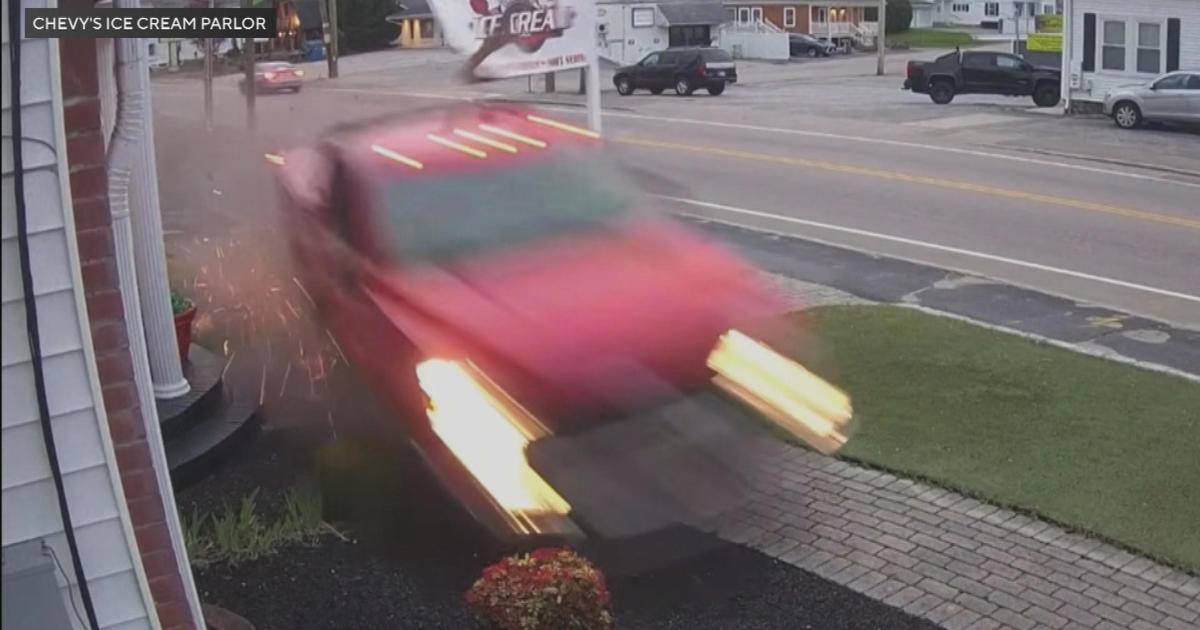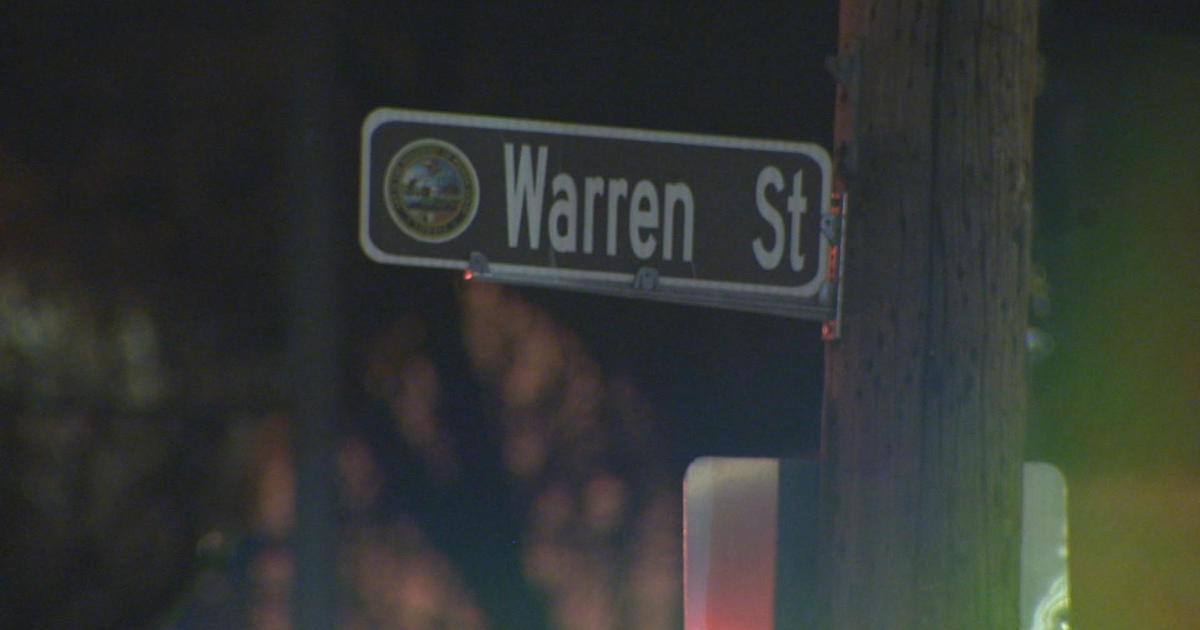Keller @ Large: Nikki Haley's Civil War slavery response shows why unscripted campaign events matter
BOSTON - The kerfuffle over GOP presidential candidate Nikki Haley's failure to mention slavery in her response to a voter's question about what caused the Civil War is a good example of why unscripted campaign events matter. They provide voters with at least the hope of more authentic information about a candidate than the usual blizzard of paid ads and staged photo-ops.
For instance, when 1988 Democratic presidential nominee Mike Dukakis was asked by a debate moderator if he'd want the death penalty for someone who had raped and murdered his wife, his bloodless, technocratic answer cued voters into a meaningful fact about Dukakis - his intelligence and grasp of policy didn't always translate into empathic connections with the people behind the statistics.
Haley's initial answer - since modified to include an explicit acknowledgement of slavery's key role in the war - wasn't wrong. As a discussion of that question on the PBS website puts it: "A common explanation is that the Civil War was fought over the moral issue of slavery. In fact, it was the economics of slavery and political control of that system that was central to the conflict."
That's pretty much what Haley said in her "cleanup on aisle 5" remarks on Thursday: "Of course the Civil War was about slavery. We know that. That's unquestioned, always the case. We know the Civil War was about slavery. But it was also more than that. It was about the freedoms of every individual. It was about the role of government."
Not to mention wealth and political power.
The Democrats are pouncing, although we've yet to see if Donald Trump (the white supremacist marchers in Charlottesville were "good people") and Ron DeSantis (governor of a state that teaches school kids slavery wasn't all bad) want to engage.
But whether or not anyone's still talking about this a week from now, we have been provided with a bit of insight into the political tightrope Haley believes she's navigating.
Other than reminding audiences that she removed the Confederate flag from the South Carolina State House grounds after the 2015 Charlestown church massacre, Haley doesn't want to talk about race. It's not exactly the top priority of the overwhelmingly white, right-leaning GOP primary electorate in general, and is a major hot button for many far-right Trump/DeSantis voters who believe in conspiracy theories about "critical race theory" and assorted forms of imagined left-wing indoctrination.
Would that change if Haley wins the nomination and needs to start courting swing voters more amenable to discussion of America's past racial history and present racial issues? We're unlikely to ever find out, given Trump's huge polling lead everywhere but New Hampshire.
Still, this episode gives us useful information about Haley's political instincts and the undercurrents of the GOP race. And that's exactly what campaigns are supposed to provide.
(Disclosure: the author has a close relative who is a paid employee of the Haley campaign.)




